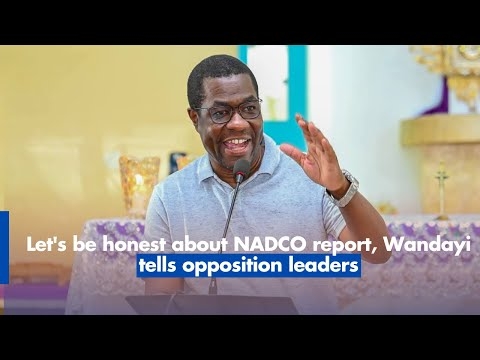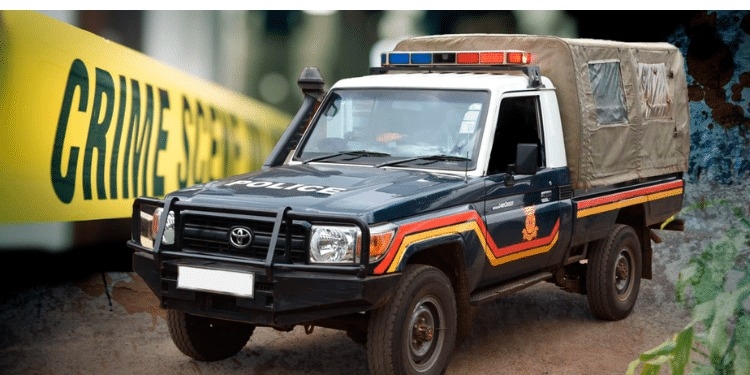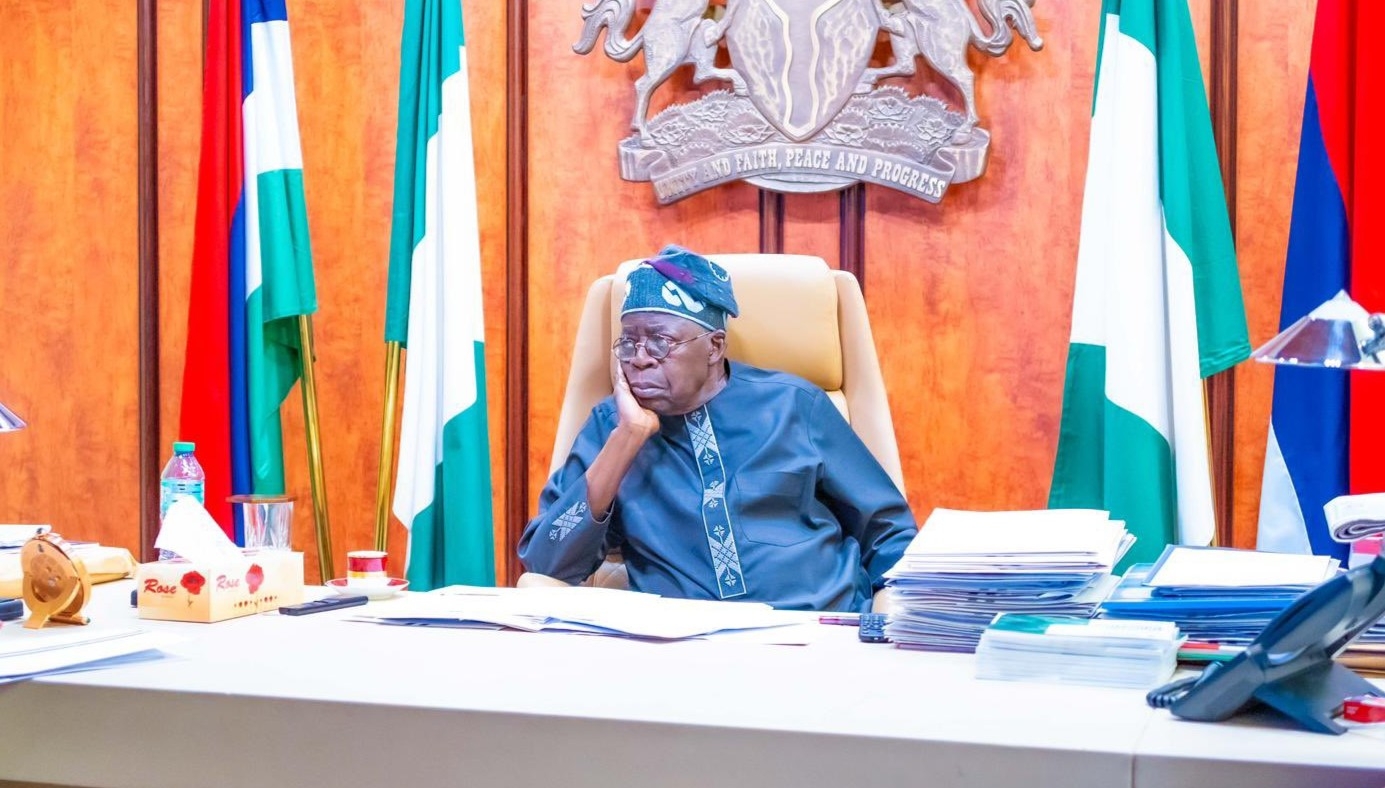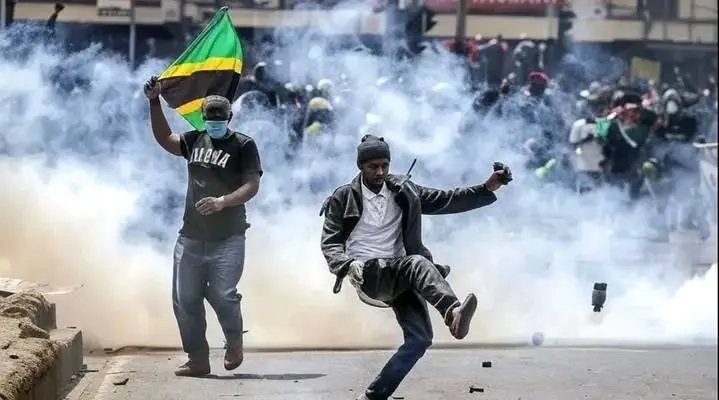Amidst Kenya's current political tension and societal unrest, the treatment of Persons with Disabilities during recent protests stands as a stark reminder of the challenges marginalised communities face in exercising their democratic rights.
As demonstrations sparked by a contentious Finance Bill evolve into an outcry against poor governance, PWDs have found themselves navigating a perilous landscape fraught with hazards exacerbated by police tactics.
In the midst of swirling crowds and mounting tensions, PWDs encountered unique challenges: navigating through throngs of protesters, accessing safe spaces and communicating effectively amid the chaos. These hurdles, compounded by a lack of accessible routes, left them particularly vulnerable to the indiscriminate deployment of tear gas and water cannons by law enforcement.
The use of such tactics, ostensibly aimed at controlling crowds, has raised serious legal and ethical questions, especially when deployed against peaceful protesters, including those with disabilities. Advocacy groups contend that these measures violate fundamental rights enshrined in both international conventions and Kenya's Constitution, which guarantee the right to assembly and peaceful protest.
Eyewitness accounts vividly illustrate the dangers faced by PWDs during these protests. Imagine the harrowing experience of one person who, blinded by tear gas, found themselves disoriented and unsure of where to turn. In that moment of chaos, every sense that could guide them was overwhelmed by searing pain and confusion. Unable to see, they struggled to make sense of shouts and screams, unsure if they were moving toward safety or deeper into danger.
Amid the chaos, a touching display of empathy unfolded among protesters. Blind Member of Parliament Jackson Kosgei recounted how the protesters recognised him after entering Parliament. They acknowledged him voting for the very finance bill they were protesting against and offered him safety and even a taxi ride to escape the volatile situation.
Their concern extended beyond mere protection; they reassured him and fellow MP Rose Museo, calling her "mother" and emphasising their cause was with the legislation, not personal harm.
This display of humanity amidst turmoil highlights a profound difference in approach compared to the aggressive tactics seen from police. As tear gas filled the air and tensions escalated, these protesters chose empathy and solidarity, illustrating a powerful reminder of compassion in activism even amid intense political fervour.
The use of tear gas and water cannons continue to endangered these vulnerable individuals. Critics argue that such tactics reveal a callous disregard for the unique challenges and rights of PWDs during protests. All citizens, irrespective of disability status or political affiliation, deserve equal protection and respect under the law.
As Kenya navigates this period of uncertainty, the treatment of PWDs in protests serves as a poignant reminder of the imperative to protect and include all members of society in the democratic process. The incidents underscore the pressing need for policy reforms and a reevaluation of law enforcement tactics to uphold constitutional rights and ensure the safety and dignity of every citizen.















